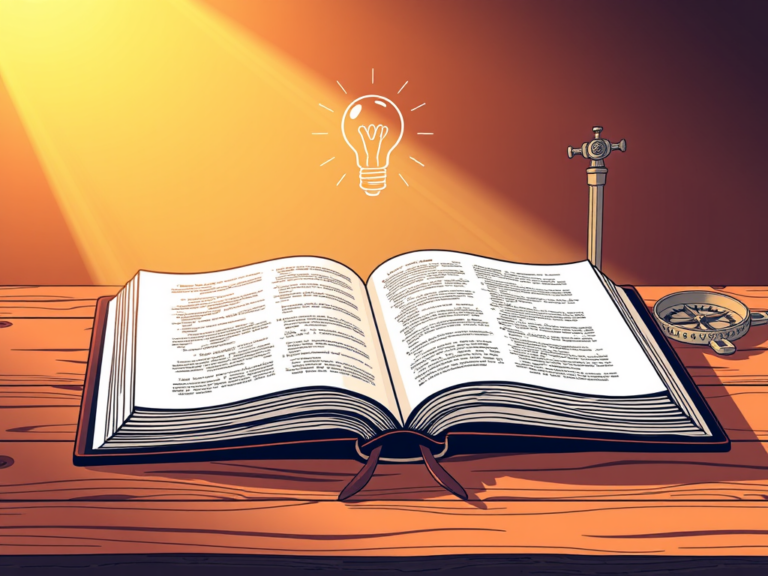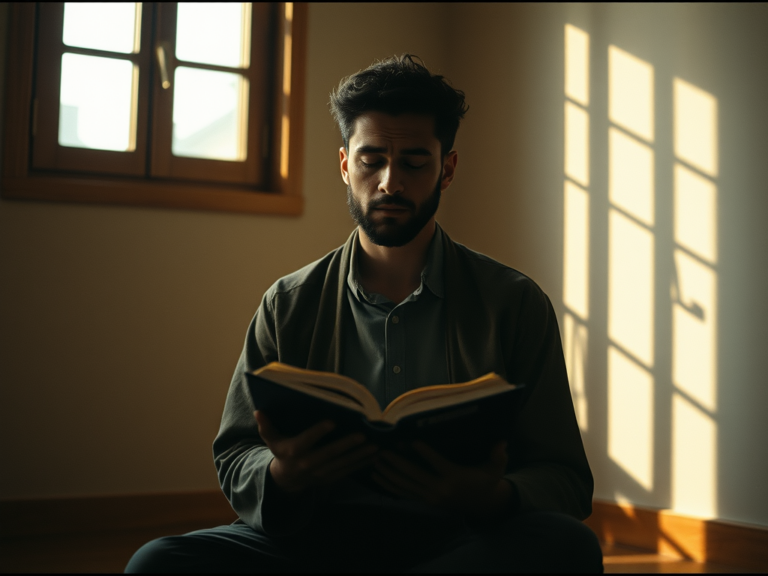Reading Psalm 46
I’ve been reading Psalm 46 in my devotional time, and have gone through it numerous times now. I’ve blogged about some of the things I’ve been thinking about while working with this Psalm at Threads from Henry’s Web, in an article entitled Translating Psalm 46. Reading poetry is a bit different from reading prose, particularly theological prose. Some people derive theology from the Psalms much too easily. One should pay attention to the genre. (See my article Interpreting Poetry for some ideas.)
But first let me call attention to some alternate ways of looking at Psalm 46. Martin Luther’s hymn, A Mighty Fortress is our God, translated into English long ago, is built on this Psalm.
A mighty fortress is our God, a trusty shield and weapon;
He helps us free from every need that hath us now overtaken.
The old evil foe now means deadly woe; deep guile and great might
Are his dread arms in fight; on Earth is not his equal.
With might of ours can naught be done, soon were our loss effected;
But for us fights the Valiant One, Whom God Himself elected.
Ask ye, Who is this? Jesus Christ it is.
Of Sabbath Lord, and there’s none other God;
He holds the field forever.
Though devils all the world should fill, all eager to devour us.
We tremble not, we fear no ill, they shall not overpower us.
This world’s prince may still scowl fierce as he will,
He can harm us none, he’s judged; the deed is done;
One little word can fell him.
The Word they still shall let remain nor any thanks have for it;
He’s by our side upon the plain with His good gifts and Spirit.
And take they our life, goods, fame, child and wife,
Let these all be gone, they yet have nothing won;
The Kingdom ours remaineth.
In dealing with translation I tried pouring the content into the form of an Italian sonnet, just for fun (Psalm 46 as an Italian Sonnet). When interpreting poetry, there are many ways to try to “feel” the result, and the feeling is often more important than the theology. In fact, those who have suffered trouble, both Jews and Christians, may wonder about God being “an easily found help in trouble.” People who trusted in God have not always found their help in the form of physical rescue. Often they find strength to endure the trial, or even to go to their deaths, but they are not always saved.
But this Psalm is a resounding affirmation of God’s power and protection over those who trust in him, and of his presence with his people.
Textual Issues
Let me note one textual issue here. Some commentaries add the refrain from verses 7 and 11 between verses 3 and 4 as well. No translations have taken up this conjecture, and it is built entirely on structural considerations. I would suggest that this addition is forcing the text to fit a theory on the structure of the text. It also breaks an extremely eloquent contrast between verses 3 and 4. In verse three we have the chaotic waters roaring and behaving in a destructive way, but in verse 4, the waters are under control and are the source of life.
Interpretation
This psalm is usually viewed as a cultic hymn, and indeed it may have found its setting in that context, but I think one needs to get a little bit more specific. This is a community response to trouble based on the most fundamental theology about God. Yes, we can express this confidence in the cult, but the specific situation from which it grows is one of threatening danger, specifically of invasion.
Verses 1-3 speak of God as creator. Elements here reflect the creation division of the water and the land, the flood as a sense of cosmic destruction (the feel of the P source), and God’s protection of his city. I would place this Psalm before the exile, so I don’t see Ezekiel as a source, but he is surely pulling from the same body of imagery in describing the river of Ezekiel 47.
That same sense of moving from the God whose power is over all, and who is still in charge even in the midst of chaos is presented here by the stark contrast between verses 3 and 4. Raging waters become life-giving, controlled streams in God’s city. God is present there, it’s his sanctuary. It is the same creator God who is in charge, who sits on the flood (Psalm 29:10-11), who also dwells peacefully with his people and will protect them.
Verse 7 introduces the refrain, and then verses 8-10 reflect God’s authority over the nations. The nations are in chaos like the sea (see the imagery of Daniel 7), but God is in control there. God is powerful and capable of destruction. God brings his own people peace. For a discussion of this dual imagery, applied to Jesus, see Jesus as King and Priest.
The God of our parents is with us.

